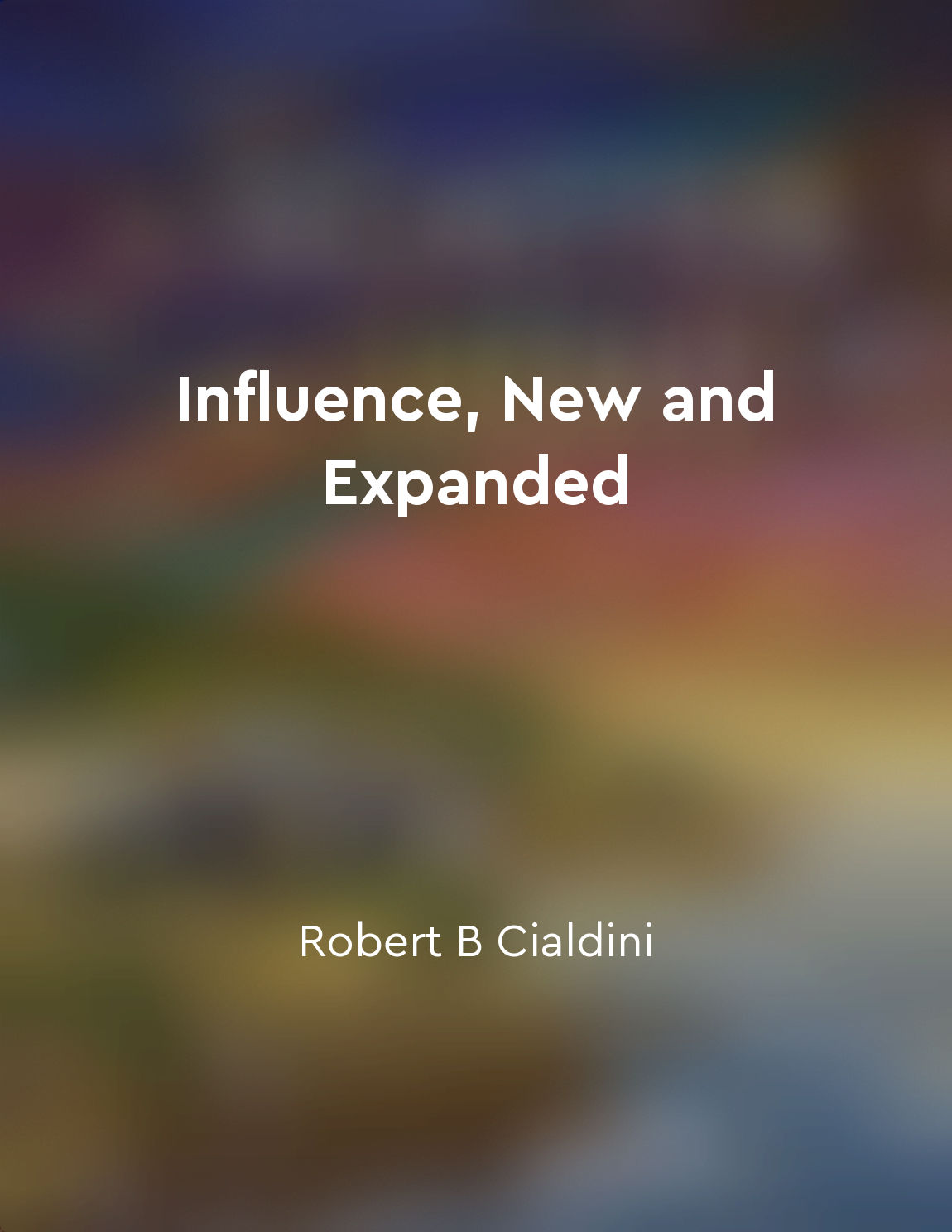Social norms can conflict with legal rules from "summary" of Economic Analysis of Law by Richard A. Posner
Social norms are a set of informal rules that govern behavior in society. They are often unwritten, but widely understood and followed by members of a community. These norms can sometimes conflict with legal rules established by the government. For example, consider the practice of jaywalking. Jaywalking occurs when pedestrians cross the street outside of a designated crosswalk. While jaywalking may be socially acceptable in certain areas, it is illegal in many jurisdictions. This creates a conflict between the social norm of jaywalking and the legal rule prohibiting it. In cases where social norms conflict with legal rules, individuals may face a dilemma. They must decide whether to comply with the law or follow the prevailing social norm. This can lead to tension between individuals and the legal system, as people may feel torn between obeying the law and conforming to societal expectations. Moreover, the enforcement of legal rules that contradict social norms can be challenging. When a law goes against deeply ingrained social practices, it may be difficult to gain compliance from the public. This can undermine the effectiveness of the legal system and lead to a lack of respect for the law. In some cases, lawmakers may choose to align legal rules with prevailing social norms to prevent conflict and facilitate compliance. By recognizing and incorporating social norms into the legal framework, policymakers can create rules that are more likely to be followed by the public. However, there are also instances where it may be necessary to uphold legal rules that conflict with social norms. In these cases, it is important for authorities to communicate the reasons behind the law and work to educate the public on the importance of legal compliance.- The interaction between social norms and legal rules is complex and can have significant implications for society. Understanding these dynamics is essential for policymakers and legal professionals to effectively navigate the tension between informal social norms and formal legal rules.
Similar Posts
Meaning is not fixed, but constantly evolving
Meaning, as Geertz argues, is not a static entity but a fluid and ever-changing phenomenon. It is not something that is set in ...
Markets facilitate the exchange of goods and services
The mechanism of markets can be understood as a system that allows individuals to exchange goods and services with one another....
The principle of reciprocation plays a significant role in fostering cooperative relationships among individuals
The principle of reciprocation is a powerful force that influences human behavior in social interactions. When someone does som...

Priming affects subsequent thoughts and actions
Priming is a phenomenon in which exposure to one stimulus influences a response to a subsequent stimulus. It is a subtle and of...
Cultural processes influence human cognitive development
Human cognitive development is not solely determined by genetics or individual experiences, but is deeply influenced by cultura...
Respecting differing viewpoints
Respecting differing viewpoints is essential in any civilized society. It is what allows us to engage in meaningful dialogue an...

Adversity can lead to personal growth and resilience
Life is full of challenges and setbacks that can test our resilience and strength. When we face adversity, we are forced to con...

Conditioning affects behavior
One of the most powerful factors that influence behavior is conditioning. Conditioning refers to the process by which individua...
Reflection on past choices can help in making future decisions
Reflecting on our past choices can provide valuable insights that can guide us in making better decisions in the future. When w...
Survival skills in the wilderness
In the wilderness, survival skills are essential for staying safe and making it out alive. These skills include knowing how to ...


